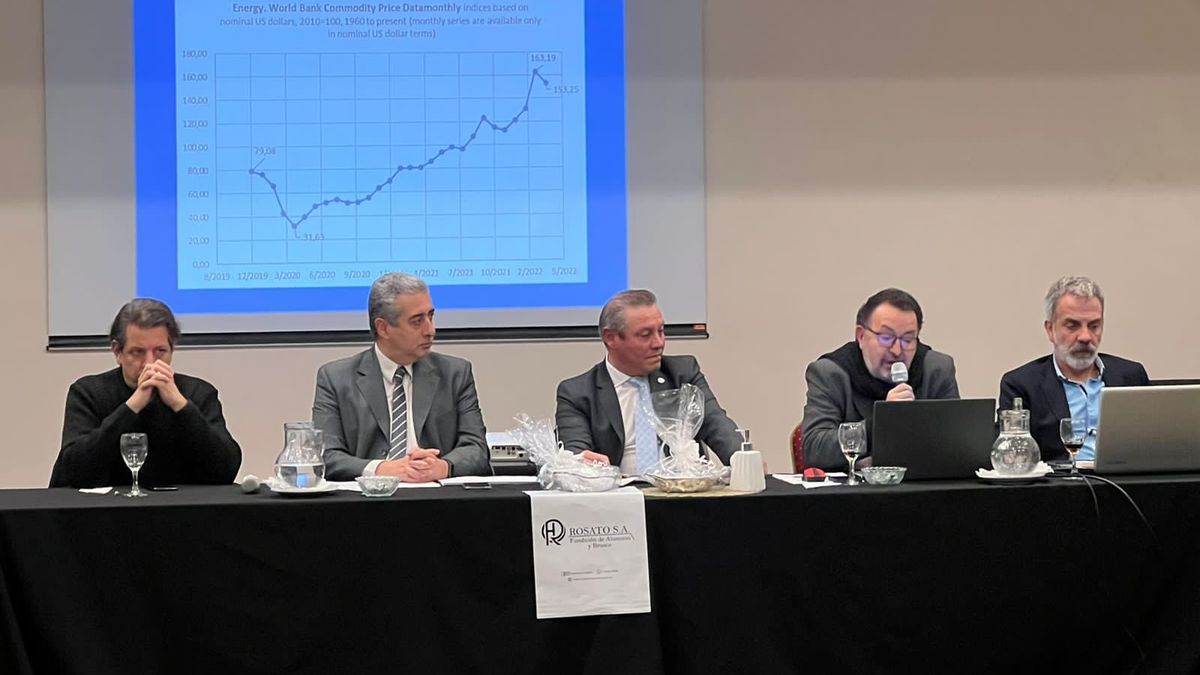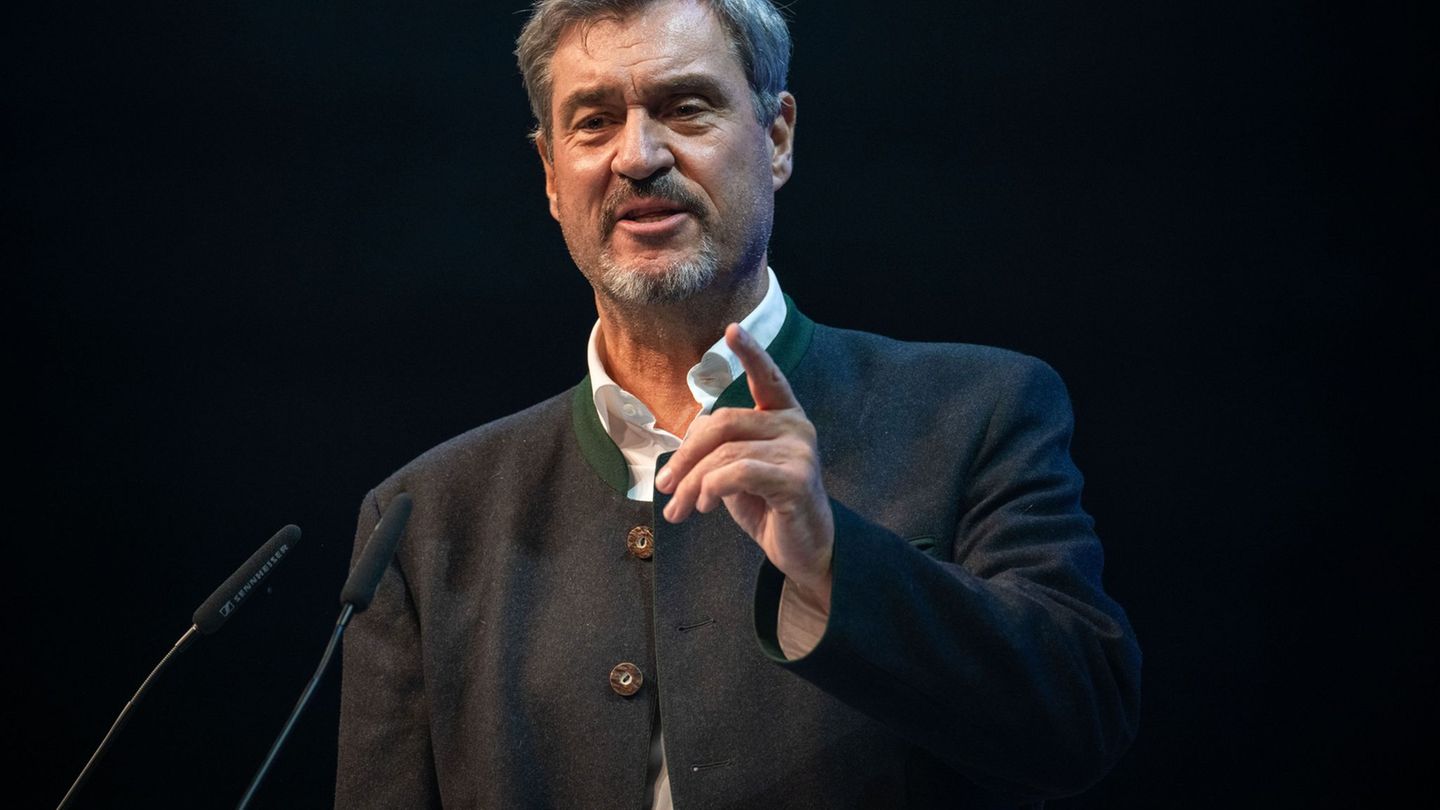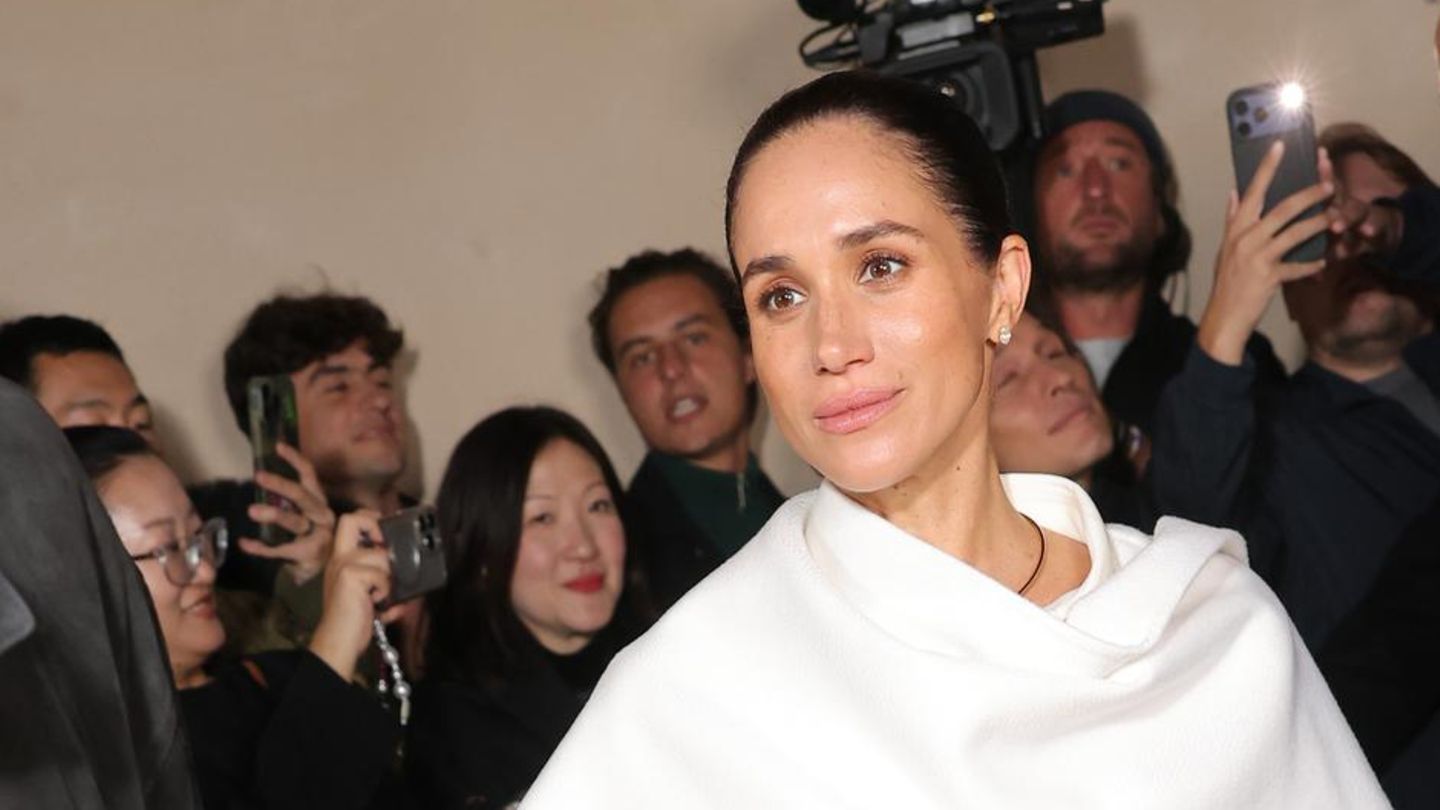However, SMEs questioned the problems to import, during a lunch with businessmen and journalists this Monday in downtown Buenos Aires. “Large companies have dollars to import, SMEs don’t. This will bring shortages and increases in productsIt is something that Scioli will have to attend to as soon as he enters”, assured Daniel Rosato, president of IPA.
Carlos Alonso, director of the IPA Observatory, explained the Central Bank’s mechanism through which SMEs consider that large companies benefit: “They don’t have a productive criterion, but rather a mathematical one. Take the photo of 2021 to let you import. Those who did not import in 2021 and today have the need, do not achieve access to dollars”, he explained.
“There are several authorizations: in one, if they have a quota, as long as it is an automatic license, they can import anything, it does not have to be the same input or else, as long as it is an automatic license. There is no productive criterion, so resources are not allocated efficiently. And then there are the regulations in which companies that do not have a dollar quota, but have the financing capacity, can import without a quota, and they finance it for 180 days. If I am a large company or a subsidiary of a foreign company, I have access to import. There is clear discrimination in favor of large companies and against SMEs in access to resourcesAlonso added.
In addition, he criticized that these regulations signify a “paradox” contrary to the objective pursued: “A large company can import freely, and the SME does not get the input. So the big one imports the final product to the detriment of local production”. On this issue, they held meetings with the Ministry of Productive Development, where the companies’ import planning for 2022 was presented. Also with the vice president of the Central Bank, Sergio Woyecheszen. They even suggested generating a swap with Europe, the United States or Brazil to free up dollars for the obstacles to foreign exchange transfers.
Kulfas, Scioli and the windfall
In addition, the businessmen gave an “unexpected answer”, by showing themselves in favor of the unexpected income tax promoted by the Government: “Of course we think it’s positive. The pandemic, the war and the situation that we have been experiencing since 2015 caused the participation of workers in income to fall, and a very inequitable distribution to occur that we have to go out and recover, so in favor of a measure that tends minimally to equalize the loads, because otherwise they will continue to fall on the workers,” said Mario Sosa, an economist at IPA.
Regarding the departure of Kulfas from the Ministry of Productive Development, Alejandro Bartalini, vice president of IPA, assured that “One of the best ministers the government had left”. From the business chamber they highlighted the import substitution and credit policies. Although Rosato expressed “good expectations” before the landing of Scioli, he assured that “doesn’t come at the best time”due to the slowdown in economic activity.
They will ask you for a meeting to take several requests: that interest rates be lowered and that there may be a segmentation for the rates, depending on the size of the companies. Alonso assured that the reference rates went from 45 to 62%: “Everything indicates that they are going to continue rising because that is how it was agreed with the IMF.” In addition, after the 70% rise in electricity, Rosato anticipated that it will imply an impact on gondola prices of between 5 and 20%.
Source: Ambito
David William is a talented author who has made a name for himself in the world of writing. He is a professional author who writes on a wide range of topics, from general interest to opinion news. David is currently working as a writer at 24 hours worlds where he brings his unique perspective and in-depth research to his articles, making them both informative and engaging.




